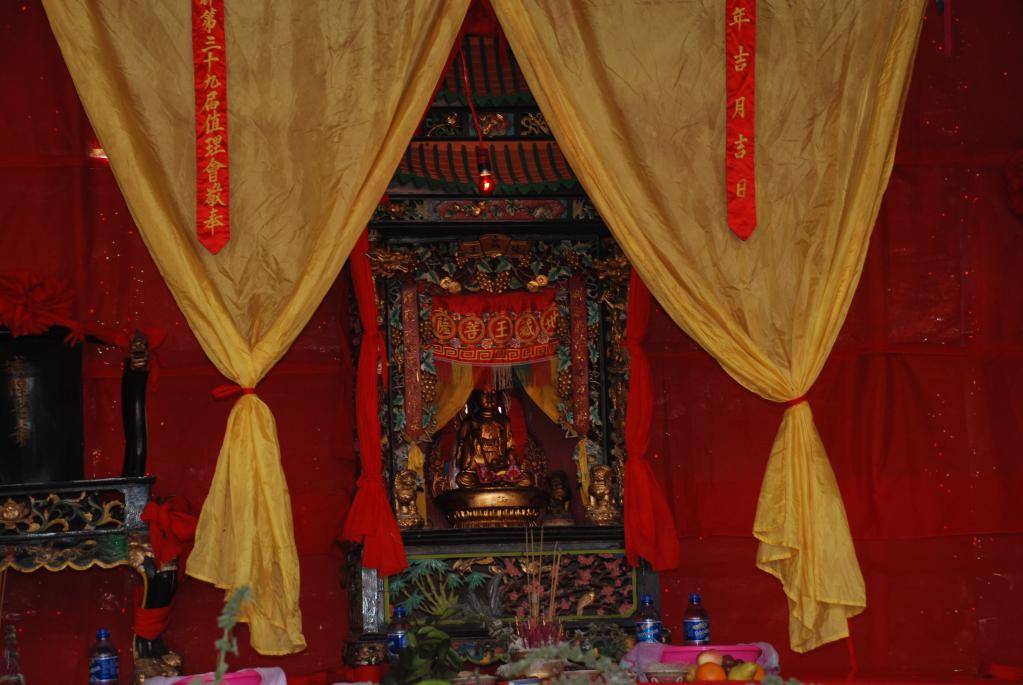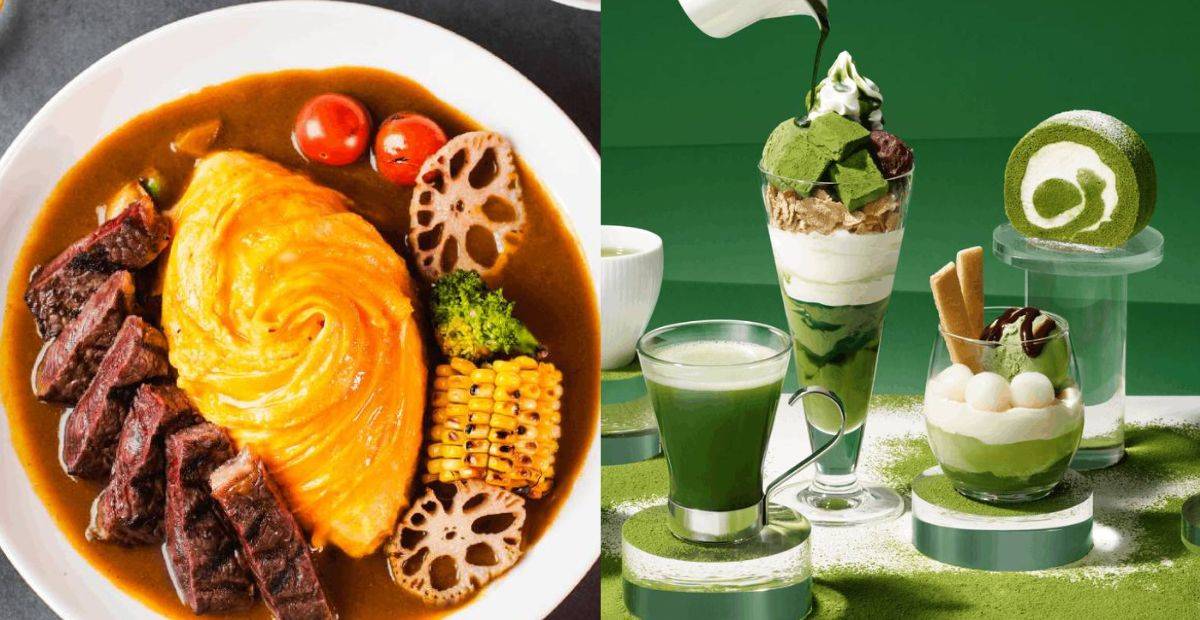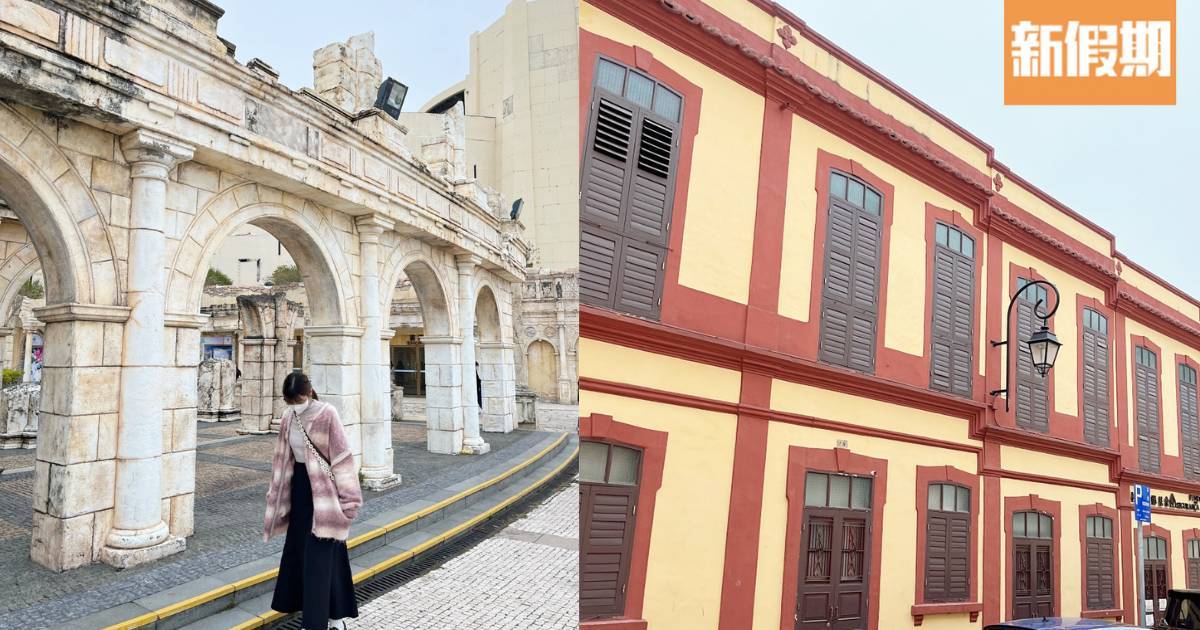Tei Chong Wong Festival: Celebrating the Birthday of Ksitigarbha
Tei Chong Wong Festival-地藏王誕
Tei Chong Wong Festival|Area
Tei Chong Wong Festival|Era
Tei Chong Wong Festival|Date
Tei Chong Wong Festival|Historical evolution
Tei Chong Wong Festival|Events
Tei Chong Wong Festival| Area
Hong Kong/No Specific Region
Tei Chong Wong Festival| Era
Uncertain
Tei Chong Wong Festival| Date
The 29thor 30thday of the seventh lunar month
Tei Chong Wong Festival| Historical evolution
King Ksitigarbha, also known as Bodhisattva Ksitigarbha, is named after his qualities of “peaceful endurance like the earth” and “profound contemplation like a hidden treasure,” symbolizing the countless seeds of virtue stored within him, just like the earth. All beings in heaven and earth are born from the great earth, and Ksitigarbha is responsible for guiding and saving all sentient beings in the six realms (hell, hungry ghosts, animals, asuras, humans, and gods). As he appeared during the period between Shakyamuni Buddha’s parinirvana and Maitreya Buddha’s descent to this world, his status is highly revered as one of the Four Great Bodhisattvas in Buddhism. It is widely believed among ordinary people that King Ksitigarbha governs over the ten courts of hell as Yama Kings (judges), inspecting good and evil deeds in human society. Worshiping King Ksitigarbha can bring liberation to deceased souls in the underworld.
It is said that belief in Ksitigarbha was introduced to China from Central Asia around the 6th century AD and became popular after Tang Dynasty. Folklore has it that Monk Mulian (Maudgalyayana) and Korean monk Kim Gyo-gok were incarnations of King Ksitigarbha. In order to save his mother who had fallen into hell, Monk Mulian made a vow: “I will not become a Buddha until all hells are empty.” There are also stories suggesting that King Ksitigarbha reincarnated as Prince Kim Gyo-gok of Silla Kingdom because he saw through worldly attachments; thus he renounced secular life to become a Buddhist monk. He traveled to Mount Jiuhua in Anhui Province for cultivation practice where it became an important site for preaching by Bodhisattva Ksitigarbha.
The exact time of the introduction of Ksitigarbha belief to Hong Kong is difficult to ascertain. However, in the 1950s and 1960s, Hakka people from Haifeng and Lufeng regions migrated to Hong Kong, bringing with them their faith in King Ksitigarbha. Subsequently, they built temples dedicated to King Ksitigarbha at Sam Dip Tam in Tsuen Wan and Gai Liu in Kwun Tong, where annual birthday celebrations are held. Currently, the largest-scale birthday celebrations for King Ksitigarbha take place in Tai Wo Hau of Tsuen Wan and Shek Lei Estate as well as Kwun Tong in Hong Kong.
What is the Tei Chong Wong Festival?
The Tei Chong Wong Festival is a cultural celebration that honors the birthday of Ksitigarbha, also known as Bodhisattva Ksitigarbha. It is a vibrant event filled with festivities…More Details
who is Tei Chong Wong in Hong Kong?
Tei Chong Wong is a title given to Ksitigarbha, also known as Bodhisattva Ksitigarbha. Ksitigarbha is a revered figure in Buddhism, symbolizing qualities of “peaceful endurance like the earth” and “profound contemplation like a hidden treasure.” He is responsible for guiding and saving all sentient beings in the six realms, including humans, animals, and beings in hell, hungry ghosts, asuras, and gods. Tei Chong Wong is highly revered as one of the Four Great Bodhisattvas in Buddhism and is believed to govern over the ten courts of hell…More Details








